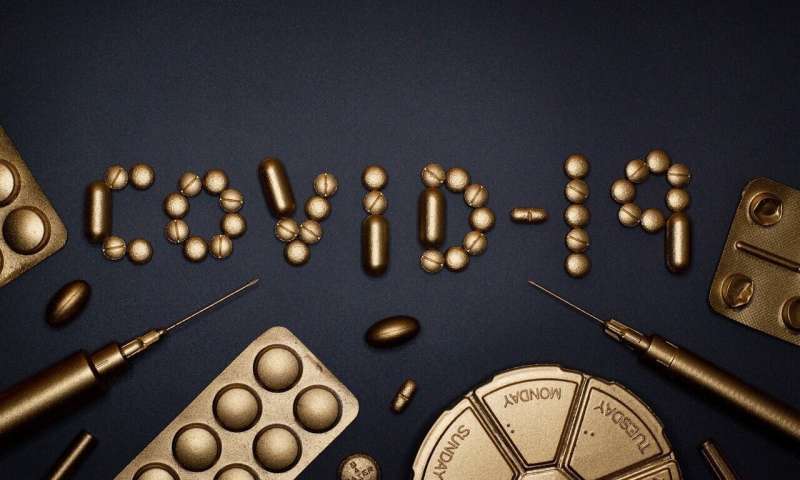
The lab of Xavier Saelens (VIB-UGent Center for Medical Biotechnology) announces the isolation and characterization of a unique antibody that can bind to the virus that causes COVID-19 (SARS-CoV-2). The antibody was described in collaboration with research groups in the US. The team has established that the antibody binds to a conserved epitope on the spike protein of SARS-CoV-2. Importantly, the antibody can neutralize a lab variant of the virus, an important step forward in the development of a potential antiviral drug against the new coronavirus. Their work appears in Cell.
An antibody against COVID-19
Since the start of the COVID-19 outbreak, the quest for finding antibodies has proceeded relentlessly. The team of professor Xavier Saelens, in close collaboration with the lab of Jason McLellan (University of Texas at Austin, US) have isolated and characterized a small antibody derived from llamas that binds an important part of the SARS-CoV-2 virus.
Their findings show exactly where the antibody binds to the virus’ S proteins. These proteins are of vital importance to the virus as they enable it to enter host cells. By targeting these proteins, the antibody can neutralize the virus. This is an important step forward in the pursuit of an antiviral drug against COVID-19.
En route to protection
The new results provide the first evidence that the antibody could prevent the new coronavirus from infecting human cells. Importantly, the antibody can also be produced at large-scale using production processes that are common in the biopharmaceutical industry.
Prof. Saelens emphasizes, “This is a very important step forward in the fight against COVID-19, made possible by joining forces of my and Nico Callewaert’s team (VIB-UGent Center for Medical Biotechnology).”
Dr. Bert Schepens, staff scientist in the team of Prof. Saelens, says “Good teamwork is crucial. We can count on the expertise in the research center, and colleagues from across VIB. Key to the progress we made is the long-standing collaboration with the labs of Jason Mclellan and Barney Graham. The moment we observed virus neutralization in these experiments really felt like a collective victory.”
In contrast to vaccines, an antibody offers immediate protection—though of shorter duration. The advantage of this approach over vaccines is that patients don’t need to produce their own antibodies. The most vulnerable groups, such as the elderly, often mount a modest response to vaccines, which means that their protection may be incomplete. Healthcare workers or people at increased risk of exposure to the virus can also benefit from an immediate protection. This type of medicine can therefore be an important tool in fighting the current pandemic.
The next steps
Source: Read Full Article
